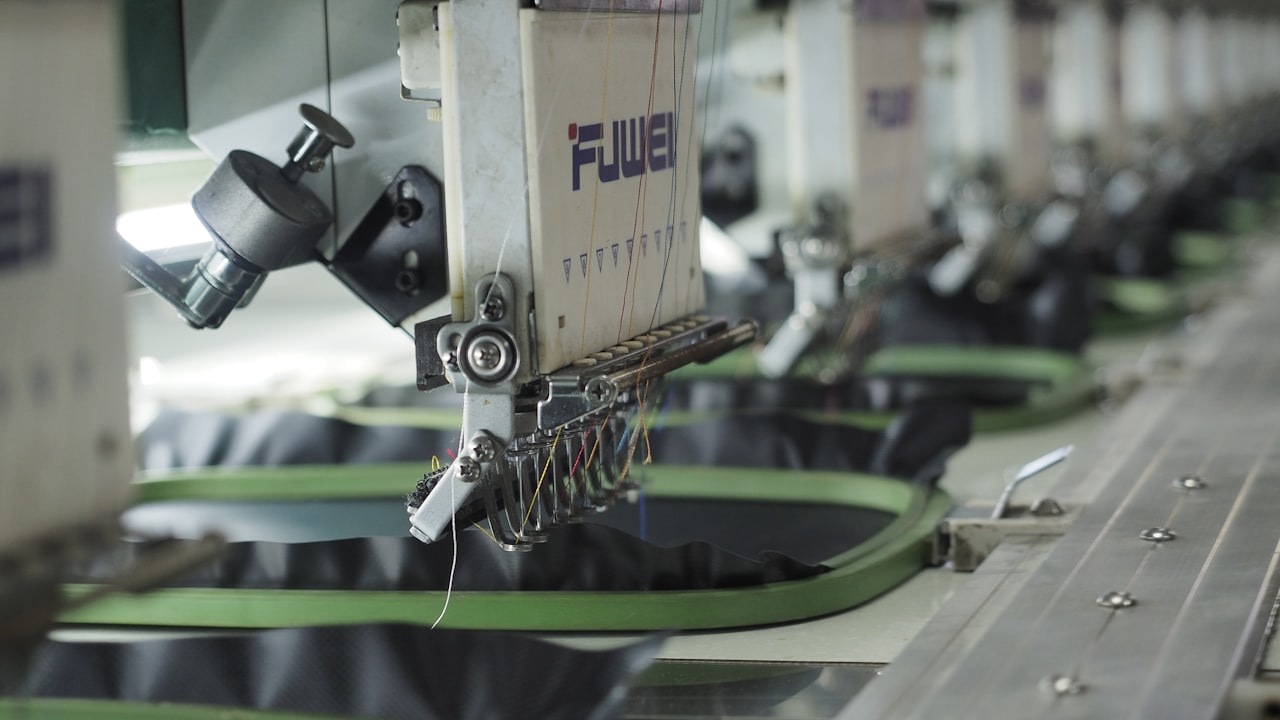Title: The Role of Pharmaceutical Machinery in Modern Healthcare
Pharmaceutical machinery plays a crucial role in the modern healthcare industry, revolutionizing the way medications are produced and distributed. Two key types of pharmaceutical machinery are the tablet press machine and the capsule filling machine. These machines, such as the TDP and THDP models, have significantly enhanced the efficiency and precision of pharmaceutical manufacturing processes.
Tablet press machines are essential in the production of solid dosage forms. By compressing powdered ingredients into tablets of uniform size and shape, these machines ensure consistent dosage delivery to patients. The TDP model, for example, is widely used in the industry for its reliability and high production output. With features such as adjustable compression force and tablet thickness control, the TDP tablet press machine enables pharmaceutical companies to meet stringent quality standards and regulations.
On the other hand, capsule filling machines automate the process of encapsulating powder, granules, or other ingredients into capsules. The THDP model, known for its versatility and ease of use, is commonly employed by pharmaceutical manufacturers to streamline capsule production. By accurately filling and sealing capsules at a high speed, the THDP machine improves production efficiency while minimizing human error.
The integration of advanced technologies, such as automated controls and digital monitoring systems, has further enhanced the performance of pharmaceutical machinery. These technological innovations not only increase production speed and accuracy but also improve product quality and consistency. Additionally, the use of robotics and artificial intelligence in pharmaceutical machinery is paving the way for more precise manufacturing processes and customized medication formulations.
In conclusion, pharmaceutical machinery, including table press and capsule filling machines like the TDP and THDP models, plays a critical role in modern healthcare by ensuring the efficient and reliable production of medications. With continued advancements in technology and automation, pharmaceutical manufacturers can meet the growing demands for high-quality pharmaceutical products while improving patient outcomes and safety.

 Title: The Evolution of Pharmaceutical Machinery: From Traditional to Automated Systems
Title: The Evolution of Pharmaceutical Machinery: From Traditional to Automated Systems Title: The Evolution of Pharmaceutical Machinery: Enhancing Drug Manufacturing Processes
Title: The Evolution of Pharmaceutical Machinery: Enhancing Drug Manufacturing Processes Title: Exploring the Latest Innovations in Pharmaceutical Machinery
Title: Exploring the Latest Innovations in Pharmaceutical Machinery Title: “Revolutionizing Pharmaceutical Manufacturing: The Role of Pharmaceutical Machines”
Title: “Revolutionizing Pharmaceutical Manufacturing: The Role of Pharmaceutical Machines”



